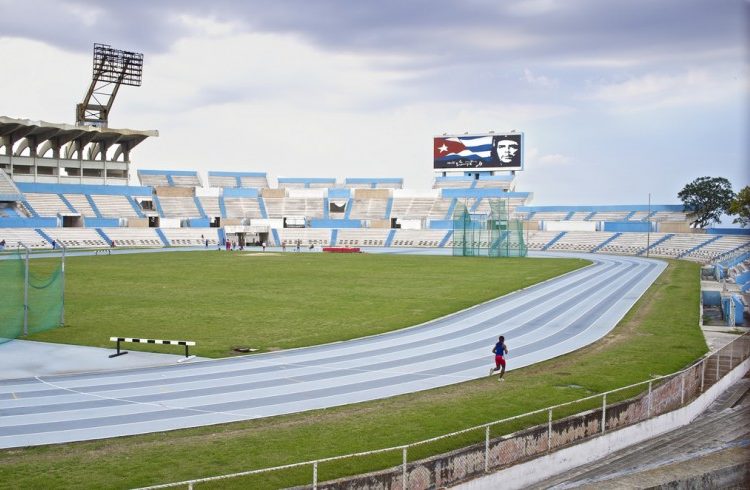The International Olympic Committee’s new reforms under the so-called 2020 Agenda are leading to important modifications in the selection process for cities in order to guarantee the success of the Games with an emphasis on their legacy and sustainability.
The co-sponsorship of the Games in two cities from two countries which are different yet so close and which have restored diplomatic relations after the surprising turn in the policy of an American President, could attract the attention, at least for a moment, of the International Olympic Committee and the Olympic committees of Cuba and the USA.
The International Olympic Committee has issued a proposal to modify the way of choosing the candidates for the Olympic order to make the games cheaper and to make them more attractive, in addition to considering that the seat be shared.
So, it has opened the doors not only to wider applications, grating the hosting to an entire country, and to joint bids from more than one city but also to holding some competitions in a different country.
“We want to create greater diversity in applications,” said IOC president, Thomas Bach.
These ideas will allow for the organisation of sports and entire disciplines outside the host city, or outside the host country.
This proposal would mark a milestone in the Summer Olympics. IOC rules already allow for tests to be held in a neighbouring country for the Winter Olympics.
It would not be the first time the IOC gives its approval to the co-sponsorship of the Games in two countries. The last time it happened was for the 1988 Games in which they did the impossible so that the North Koreans would organize various sports, but the effort was in vain.
Today, Mexico and the United States are exploring a joint bid to host the World Cup 2026. The Euros have been shared three times. However, the logistics of an Olympic Games are not the same as those of a World Cup or the European Championship. That’s well known. But it’s about the connotations of the ‘yes’.
Cuba has had a sports infrastructure since the 1991 Pan-American Games which, with major renovation could be guaranteed. Permanent installations on both sides would encourage investments that would generate significant future profit. Sports tourism would receive a strong boost on both sides.
New construction on the island will push the mentality of the profusion of concrete and steel to one side and will be governed by the most modern technologies.
Life now 20 years is another. He’s not talking about tomorrow Games; an Olympic aspiration, as discussed, could be ideal for the Games in 2032.
How many things could change in 16 years?
Miami also has major sports venues, and an enthusiastic fondness for sports. The Sun City had been mentioned as a potential host by the Pan American Sports Organization (PASO) five years ago on the condition that it enrol as a candidate for the Pan American Games as soon as possible, but apparently it did not have the support of the US Olympic Committee.
Celebrating the Games in Miami is like celebrating it in Havana.
They also would like the first Olympic games that were hosted in the Caribbean.
From Havana it is quicker to arrive at Miami than to the island’s eastern region. During the 1991 Pan American Games part of the US delegation chose to stay in the south of Florida during the quadrennial event instead of in the athletes’ village in the Cuban capital.
Havana has repeatedly tried to aspire to hosting the Olympics. It was the chronicle of forgone elimination but at least they gave a crystal message on what Cuba considered to be the right of a small country with results in sport to organise the event. The alliance with the most Cuban American city in the world – the unprecedented element of this bid – and its historical impact, might perhaps win some unsuspecting sympathisers in advance.
The Olympic (or Pan-American) Games in Havana and Miami, a fairytale?










